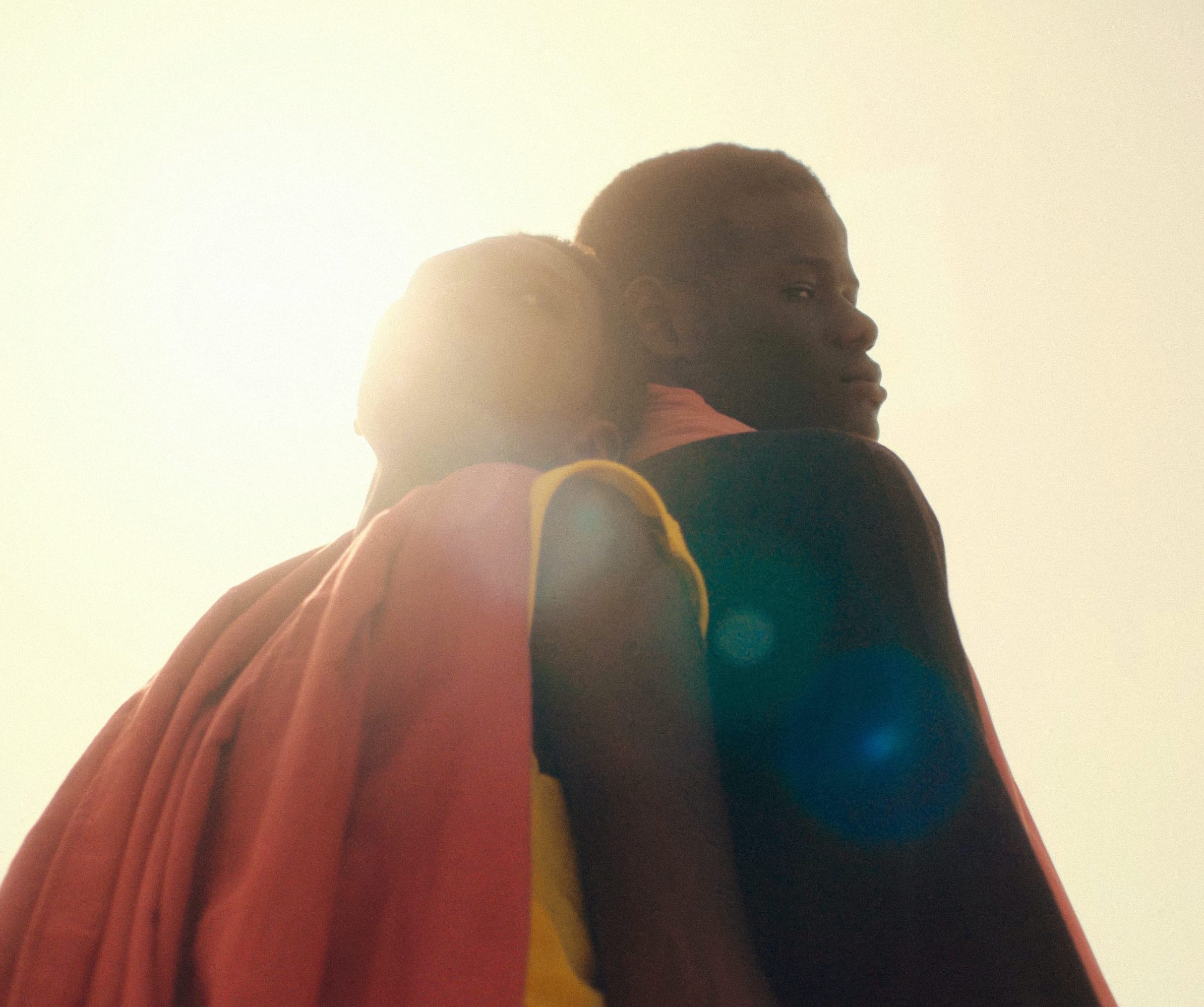
Photo credit: Circle Film Entertainment
Film
Film Review: Orah at AFRIFF

Photo credit: Circle Film Entertainment
A unique take on revenge that follows a Nigerian woman navigating crime and government corruption, while battling unspeakable grief
By Chisom Peter Job
November 2023
The film Orah, which opened the 12th edition of the African International Film Festival (AFRIFF), begins with a deliberate and slow first act that introduces the characters and immerses us in their world. The life of a Nigerian immigrant in Toronto is juxtaposed with Orah’s hometown of Lagos, building our understanding of why she has made sacrifices that separated her from her son. Similar to other revenge films, in which a tragic event propels our protagonist into a quest for justice, Director Lonzo Nzekwe, differentiates Orah through its depiction of motherly love and the impact of grief.
The narrative follows Orah Madukaku (Oyin Oladejo), who leaves Lagos for Toronto at 15, leaving her son Lucky (Emeka Nwagbaraocha) with his grandmother. Orah works as a taxi driver to make ends meet during the day, and on the side, helps a shady man launder money under the promise that he will bring Lucky to Toronto.
Lucky’s journey to join his mother in Toronto takes an unexpected turn when he discovers that his visa and ticket come with a condition: smuggling drugs for Bami Hazar (Onyekachi Ejim), a wanted drug lord and money launderer. This revelation starkly contrasts with what Orah was initially told.
When Lucky refuses to participate in the drug smuggling and contacts his mother, a tragedy unfolds with two gunshots, solidifying the first act. The film delves into the theme of poverty creating inequality and explores the desperate measures people take to escape it, emphasizing the ethical dilemmas faced by young Nigerians seeking opportunities abroad.
The second act focuses on Orah’s pursuit of justice, deviating from the typical revenge plot. Instead of immediately resorting to violence, Orah attempts a legal approach by gathering evidence to indict her son’s murderers and contacting the appropriate authorities. Despite a daring visit to Hazar’s family, showcasing her determination, the film highlights the challenges she faces from those trying to silence her.
Though inconsistent, Orah transitions between Lagos and Toronto, using a sepia filter in Lagos scenes. While occasionally awkward, the cinematography allows the actors to shine, with Oyin Oladejo delivering a compelling performance, maneuvering between unbearable grief and anger with a remarkable authenticity.
Setting itself apart from typical Nollywood films in its genre, Orah avoids the clichéd fight scenes, and instead focuses on the emotional toll required to pursue justice through the law, acknowledging the difficulties in a country like Nigeria, where systemic issues often favor the wealthy. The film addresses the theme of corruption, encapsulating it with the recurring notion that “everyone has a price.”
In the closing act, Orah is ultimately forced to choose between accepting the government’s corruption and attempting to move on, or taking justice into her own hands and risking her own life.


